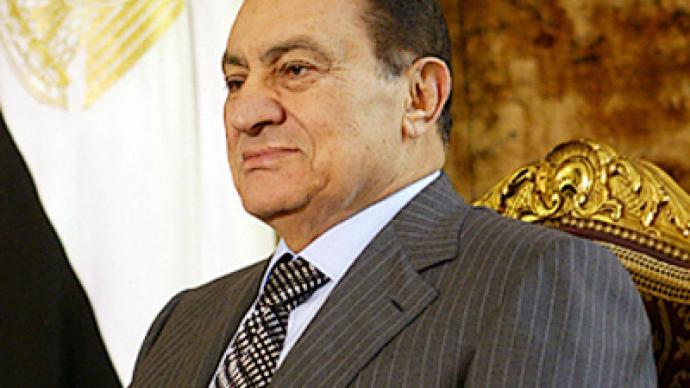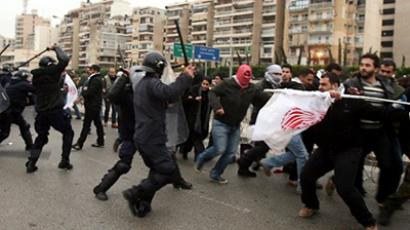Mubarak is out. Now what?

Egyptian Vice President Omar Suleiman announced on State TV that Mubarak stepped down as president and has handed power over to the Egyptian military, leaving many people wondering what will happen next.
A fear of many in the United States is that under military rule free elections may not take place or the Muslim Brotherhood could come to power. Although the military has said they hear the people and plan to met their demands for free and fair elections. Now in charge of Egypt is Mohamed Hussein Tantawi, the head of the Higher Military Council. He is viewed as an ally of the United States. In fact Reuters reported he has already spoken on the phone repeatedly with US Defense Secretary Robert Gates. Robert Dreyfuss, the author of “Devil’s Game” and a contributing editor of The Nation said it is unclear who is really in charge; the military has officially taken over, but details are limited.“The Military Supreme Council in Egypt met yesterday and apparently neither Mubarak nor Suleiman were in the room when they met. The Defense Minister General Tantawi chaired the meeting and he seems to be emerging as the most important player, but we don’t know,” said Dreyfuss. “We don’t know how to read who’s who in the new regime.” He explained there are many questions that still need to be addressed. “We don’t know really whether the military is going to give up its power and authority and if they do, to whom,” Dreyfuss added. Following the announcement that Mubarak would indeed be stepping down, US President Barack Obama said:“I am confident that the people of Egypt can find the answers and do so peacefully, constructively, and in the spirit of unity that has defined these past few weeks. For Egyptians have made it clear that nothing less than genuine democracy will carry the day.”Dreyfuss warned that the cheers and celebration however may be premature. “Look what happened in Iran two years ago,” he remarked. “There was a lot of jubilation and then protests, and it was squashed afterwards by a crackdown of the regime.” He acknowledged the Egyptian military was not as authoritarian as Iran, and may not be willing to crack down on its own people. It is apparent there was likely US involvement in the change of stance by Mubarak, shifting quickly from an unwillingness to resign one day, to stepping down the next. “The United States was certainly involved behind the scenes in a very intensive way,” he said. “They wanted, I think, when it became clear Mubarak was in trouble, they wanted him out.” Addressing the Muslim brotherhood, Dreyfuss explained the organization is not like the Taliban or al-Qaida, he said it is not an extremist or terrorist group. “It’s a very conservative, I’d say reactionary or ultraorthodox religious group,” he said. “I’m not sure that the Muslim brotherhood would have mass appeal.”














